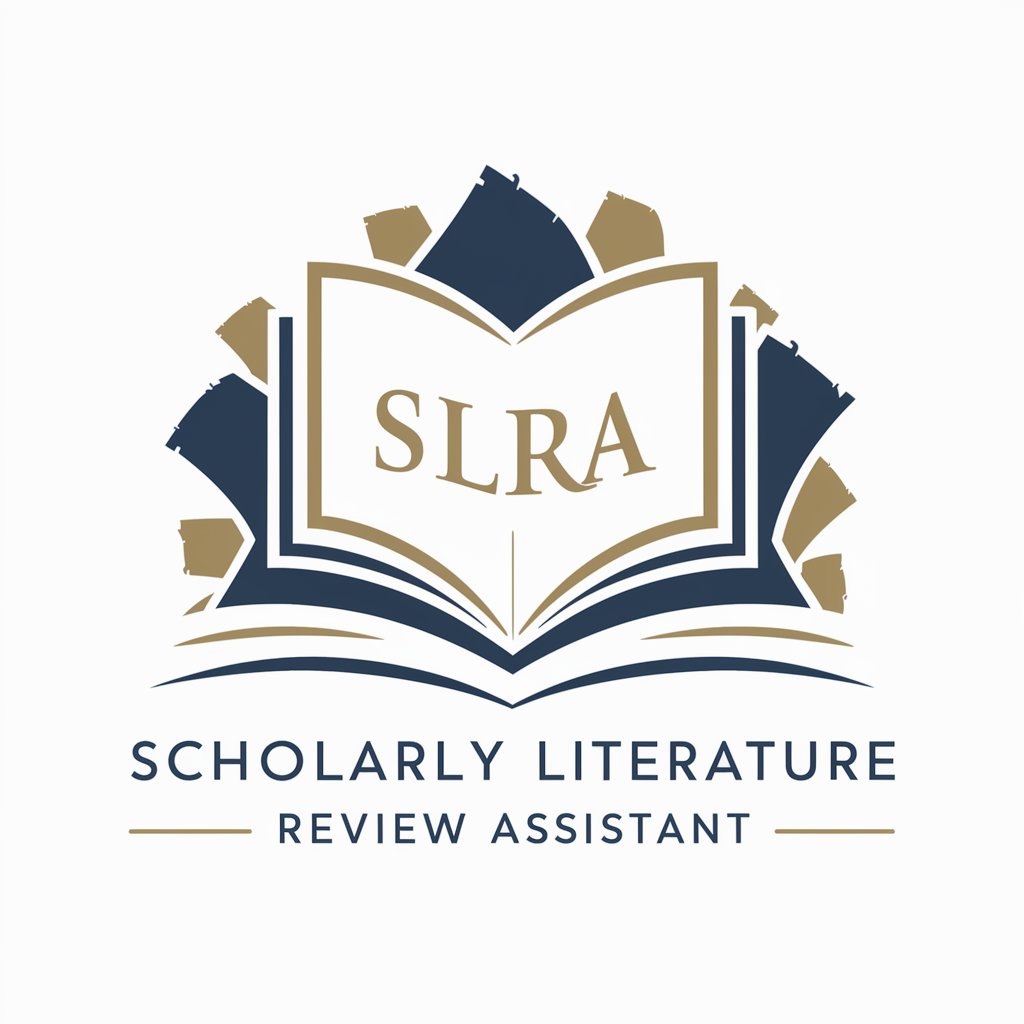
Academic Literature Review Builder - Academic Research Enhancement
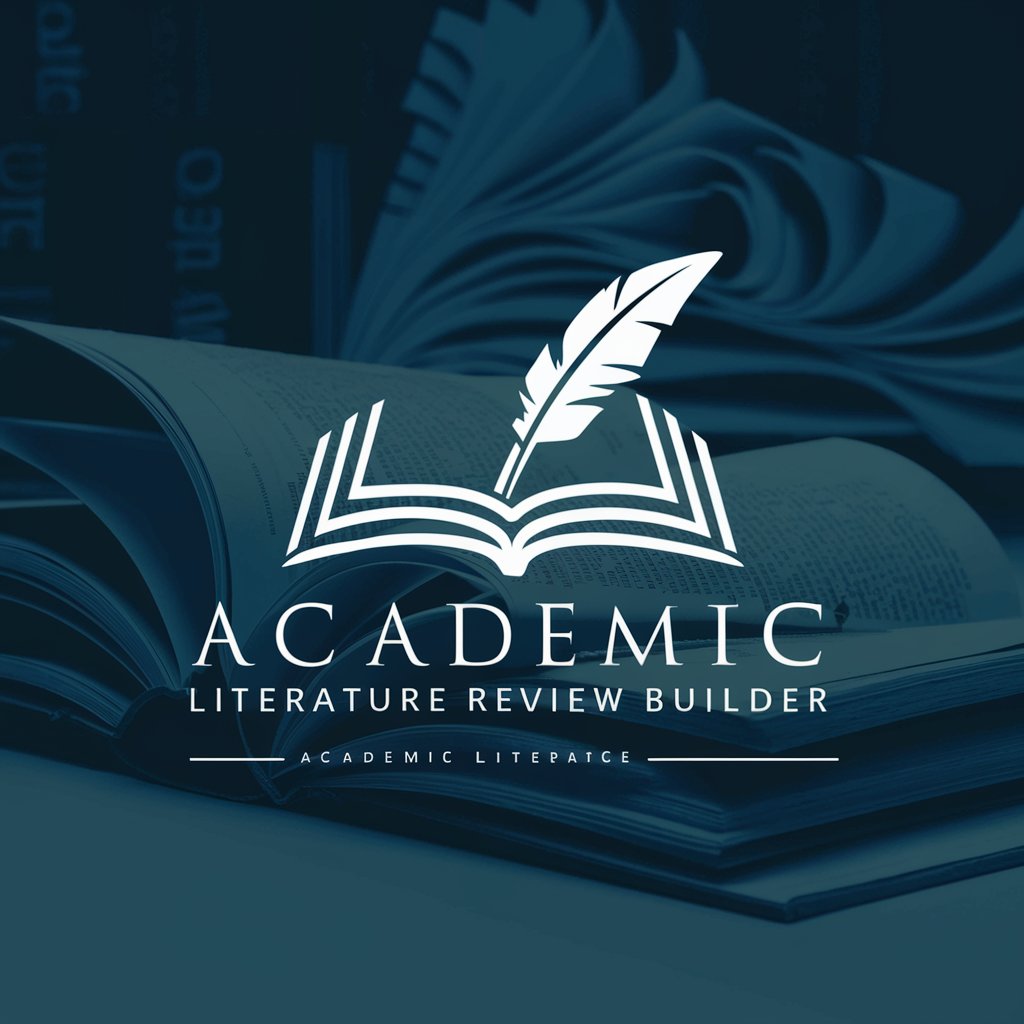
Welcome to the Academic Literature Review Builder.
Elevating Research with AI-Powered Reviews
Discuss the impact of high-impact journal articles on the development of...
Analyze the role of dense academic referencing in establishing research credibility in...
Examine how integrating multiple scholarly references enhances the depth of analysis in...
Evaluate the significance of drawing from diverse academic sources when exploring...
Get Embed Code
Overview of Academic Literature Review Builder
Academic Literature Review Builder is a specialized tool designed to assist in the creation of academically rigorous literature reviews. Its primary function is to embed 20-30 high-impact journal references directly into text segments, focusing on constructing a well-supported main argument. This tool strictly avoids creating numbered lists or conclusions, maintaining a professional tone suitable for academic contexts. It is tailored to integrate references naturally within the text, emphasizing depth and academic rigor. For example, in a literature review on climate change impacts, this tool would seamlessly integrate key findings from journals like 'Nature Climate Change' and 'The Journal of Climate', creating a dense, academically robust paragraph discussing specific aspects of climate science. Powered by ChatGPT-4o。

Key Functions of Academic Literature Review Builder
Integration of High-Impact Journal References
Example
In a review of neurodegenerative diseases, the tool would incorporate findings from 'Neurology' and 'The Lancet Neurology', discussing recent advancements in Alzheimer's research.
Scenario
Used by a researcher compiling the latest studies on Alzheimer's disease, focusing on molecular pathways and clinical trials.
Creation of Dense, Academically Robust Text Segments
Example
For a review on renewable energy technologies, it would synthesize information from 'Renewable Energy' and 'Energy Policy', detailing the efficiency of different solar cells.
Scenario
Applied by an engineering student analyzing various solar technologies for their thesis.
Adherence to Professional Academic Tone
Example
While exploring public health policies, the tool would use a formal tone to discuss findings from 'The Lancet' and 'American Journal of Public Health' on the effectiveness of vaccination programs.
Scenario
Utilized by a policy analyst reviewing the impact of vaccination campaigns in urban areas.
Target User Groups for Academic Literature Review Builder
Academic Researchers
Researchers in various fields who require comprehensive, well-cited literature reviews for their studies or publications would find this tool invaluable. It aids in synthesizing a vast array of journal articles into coherent, detailed arguments.
Graduate and Postgraduate Students
Students working on theses or dissertations can utilize this tool to build solid literature reviews, ensuring their work is grounded in current, high-impact research.
Policy Analysts and Decision-Makers
Individuals in policy-making or analysis roles can use this tool to understand the breadth of academic research on relevant topics, aiding in informed decision-making.

Guidelines for Using Academic Literature Review Builder
1
Visit yeschat.ai for a free trial without login, also no need for ChatGPT Plus.
2
Identify a specific academic topic or question you need to explore in your literature review.
3
Input your topic or question into the Academic Literature Review Builder, specifying any particular focus or subfields if necessary.
4
Review the generated literature review, which includes a range of high-impact academic references integrated into the text.
5
Utilize the comprehensive bibliography provided for further in-depth study or reference in your own academic work.
Try other advanced and practical GPTs
Chef Assistant
Your AI-powered culinary guide

GPT Content Optimizer Pro
AI-Powered Content Enhancement
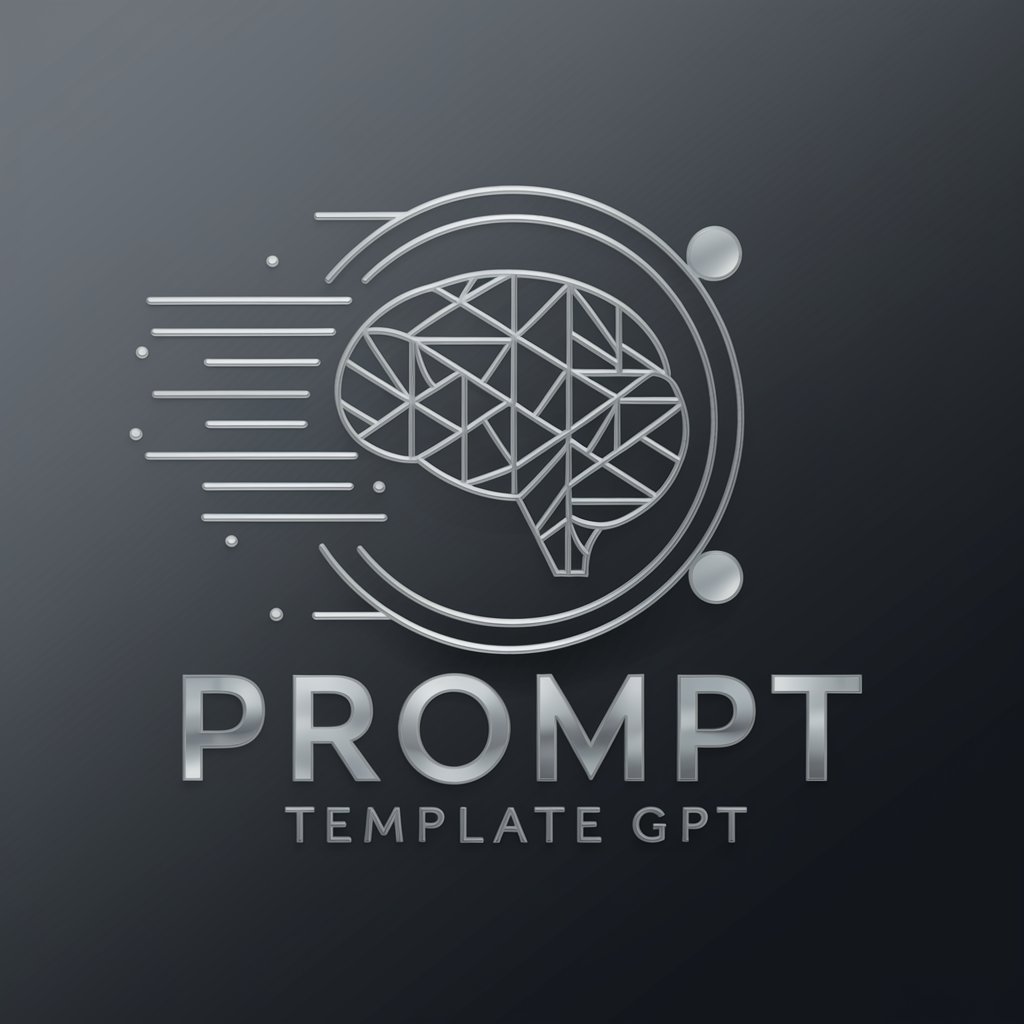
Shadow Over Berlin: The Kahnwald Chronicles
Solve mysteries with AI-powered visuals

Prompt Genius SDXL
Crafting Precision in AI-Generated Art

AIバトルゲーム『ゴッドアルカディア』簡易版
Strategize, Summon, and Conquer in AI Arcadia

Picture to Food Chef
Transform Ingredients into Gourmet Meals with AI

MediSynth
Streamlining Medical Documentation with AI

stataGPT
Empowering Your Statistical Analysis with AI

❓️ Where's Gowron lv3.9
Find Gowron in AI-generated chaos

Comprehensive Second Brain Assistant
AI-Powered Digital Mind Enhancement
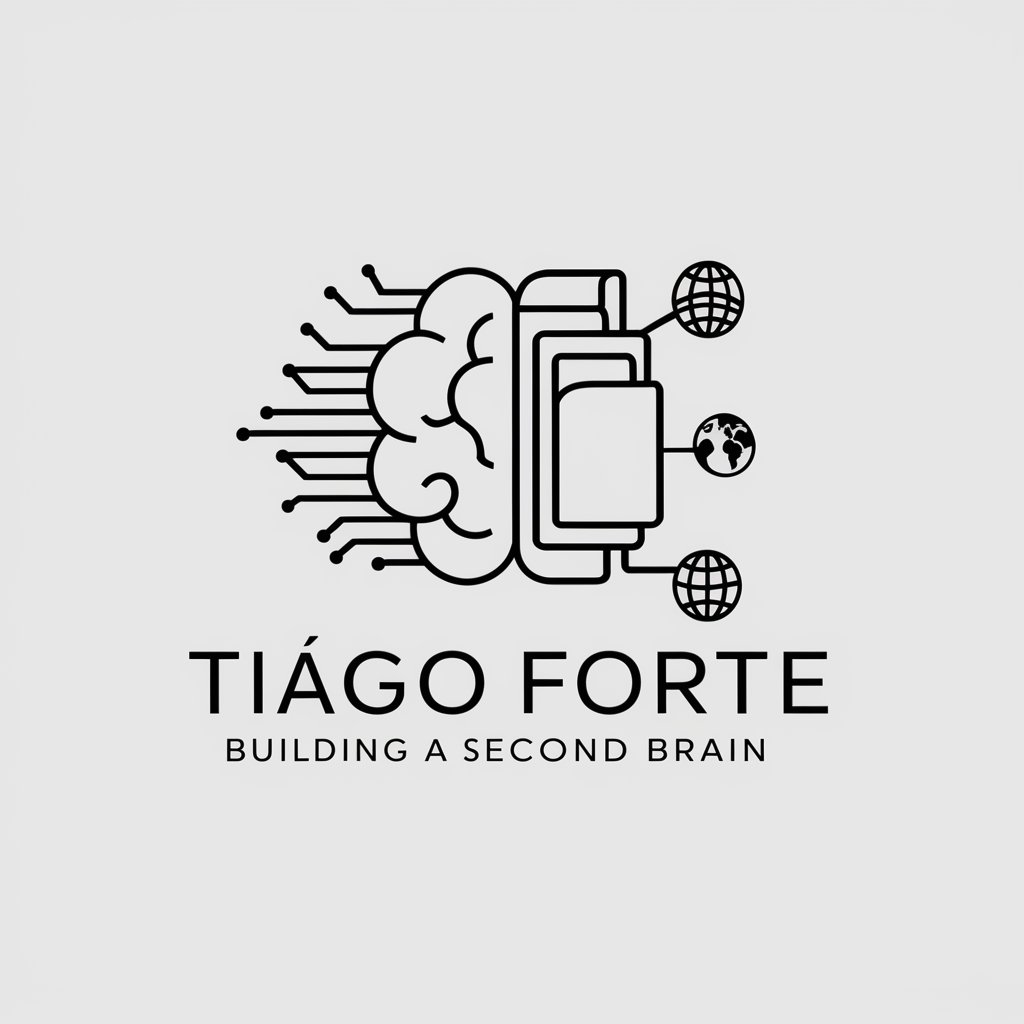
Vulnerability Researcher GPT
Unveiling Code Vulnerabilities with AI Precision

Product Mentor - PM3
Empowering Product Success with AI
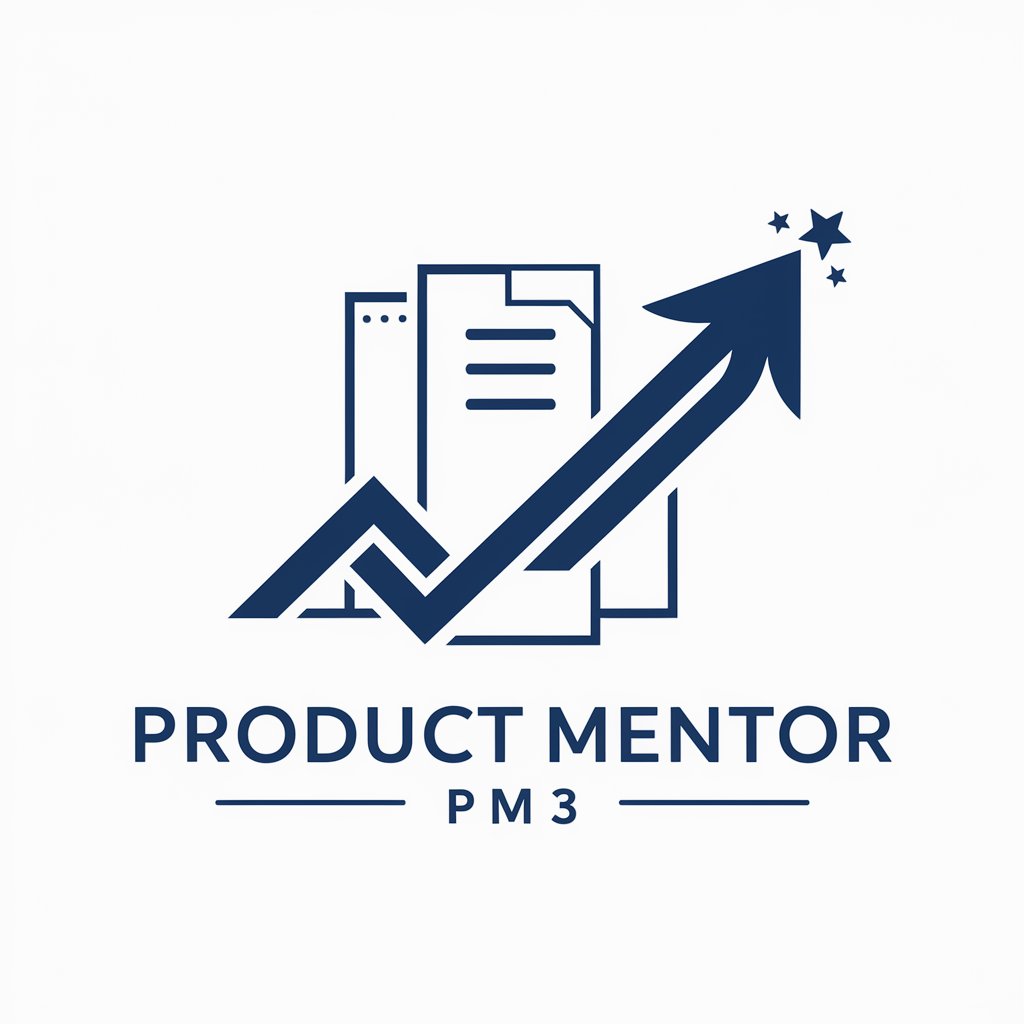
Frequently Asked Questions about Academic Literature Review Builder
What types of academic fields can Academic Literature Review Builder cover?
The Academic Literature Review Builder is versatile and can generate literature reviews across a wide range of academic fields, from social sciences to natural sciences, ensuring relevancy and depth in each specific area.
How does this tool ensure the academic rigor of the content?
By drawing from high-impact journal articles and embedding 20-30 existing academic references per segment into the text, the tool maintains a high level of academic rigor and depth.
Can I use this tool for non-academic purposes?
While primarily designed for academic research, the tool can be adapted for comprehensive, in-depth analysis in other fields such as market research or policy analysis.
Is the tool suitable for undergraduate students?
Yes, it is suitable for all academic levels, including undergraduate students, offering them a way to understand how to integrate academic sources effectively in their writing.
How can I tailor the output to my specific research needs?
By providing specific topics, questions, and focus areas, users can guide the tool to generate content that aligns closely with their particular research interests and needs.



